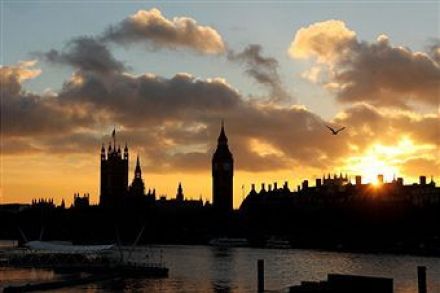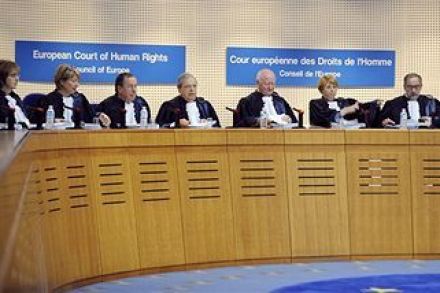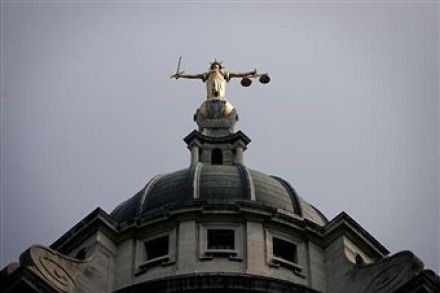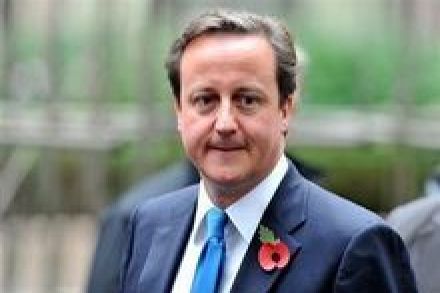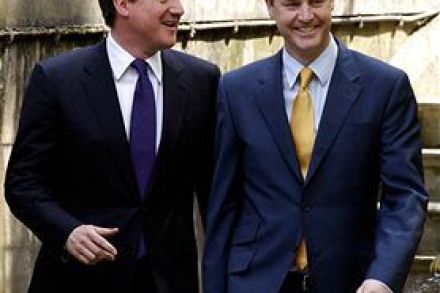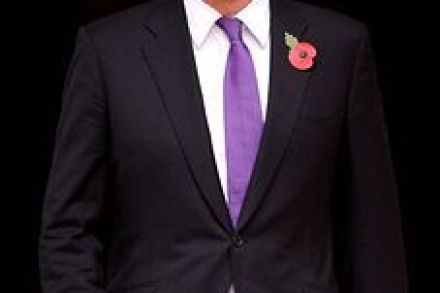Conservatives and Prisons: A Study in Contradiction?
Grover Norquist, president of Americans for Tax Reform, asks a good question: When it comes to education, pensions, health care, Social Security, and hundreds of other government functions, conservatives are a beacon for fiscal responsibility, accountability, and limited government — the very principles that have made this country great. However, when it comes to criminal-justice spending, the “lock ’em up and throw away the key” mentality forces conservatives to ignore these fundamental principles. With nearly every state budget strained by the economic crisis, it is critical that conservatives begin to stand up for criminal-justice policies that ensure the public’s safety in a cost-effective manner. He’s writing about the United States where these problems are


